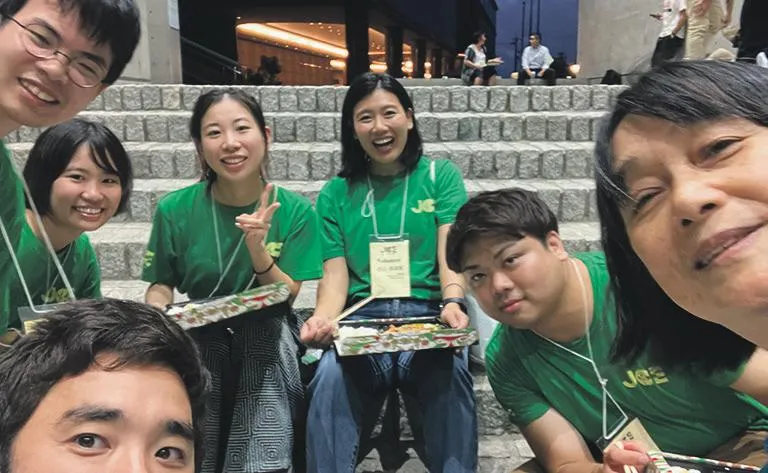In 1560 Oda Nobunaga, known as the Great Unifier of Japan, fought a crucial battle in Owari Province that was to change the course of Japanese history. Some four and a half centuries later, over 1,000 evangelical church and ministry leaders of the church in Japan gathered in the same area, longing for a similar turning of the tide in the history of the church in Japan.
The theme of JCE7 (Japan Congress on Evangelism), which took place from 19-22 September in Gifu, was ‘Beginning from the End’ – Working together in the Mission of the Church. Aside from the pun (‘Owari’ is a homonym which can also mean ‘the End’) this title was an expression of the way that the current culture of the church is at something of a dead-end.* With the average age of a Japanese pastor close to 70, and with many churches facing closure before the next Congress planned in seven years’ time, this was a remarkably courageous acknowledgement of the dangers facing the church. But it was also a rallying cry to return to the Bible: ‘We want to examine the customs and cultures that have become embedded in the Japanese church. We want to take this as an opportunity to begin to sift these through the filter of the Bible, discarding what should be thrown away, and begin a movement to put an end to the customs and practices that don’t ‘make the cut.’
On each of the four mornings there was a plenary address, followed by various Action Groups in the afternoon and evening. At the end of the first day, one veteran church leader commented on how the meeting ‘was completely different’ to previous Congresses. The sense of crisis was crystalising a new seriousness of purpose. One tangible mark of this was the subversion of the usual markers of honour and seniority in Japan. There were no formal greetings from church ‘dignitaries’ and all of the speakers were under 50, and they decided not to address each other with the usual honorific title of sensei (teacher).




